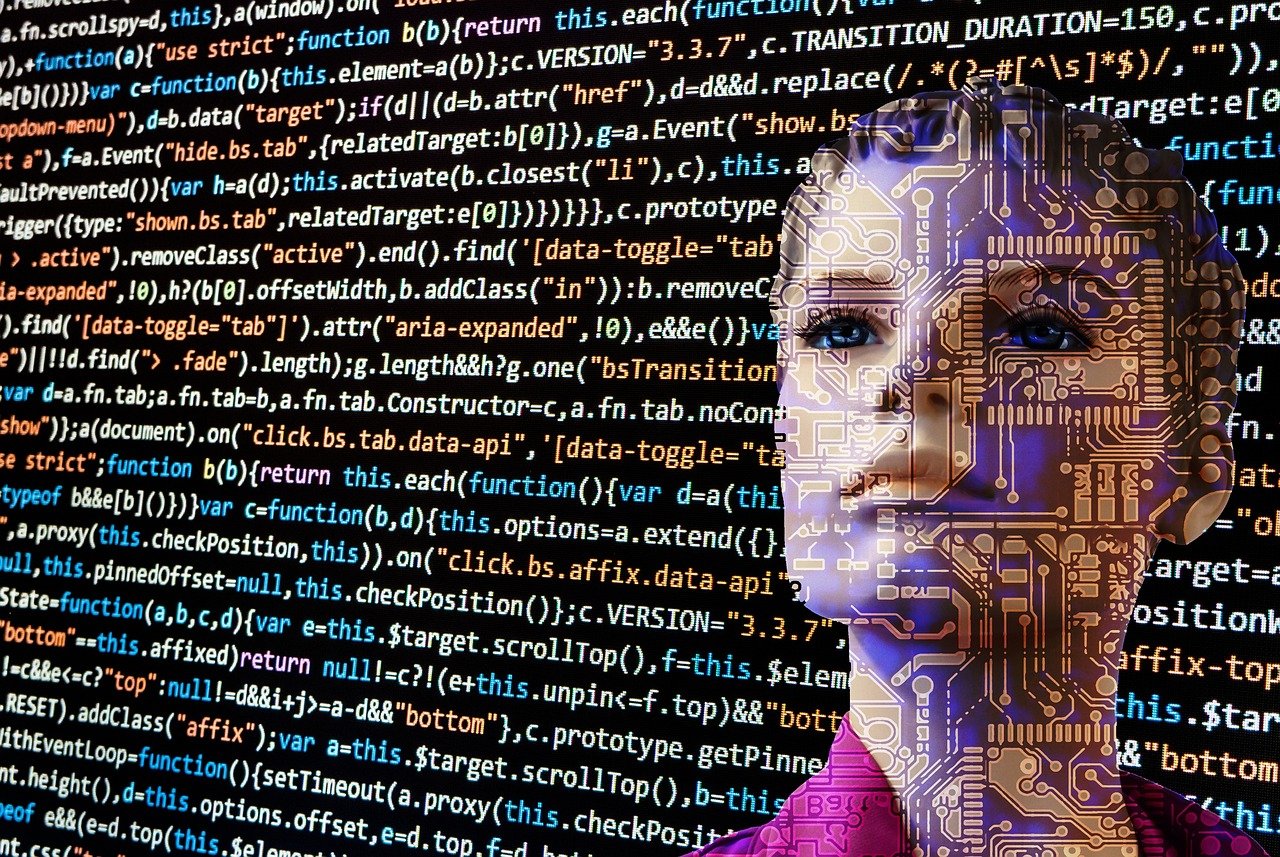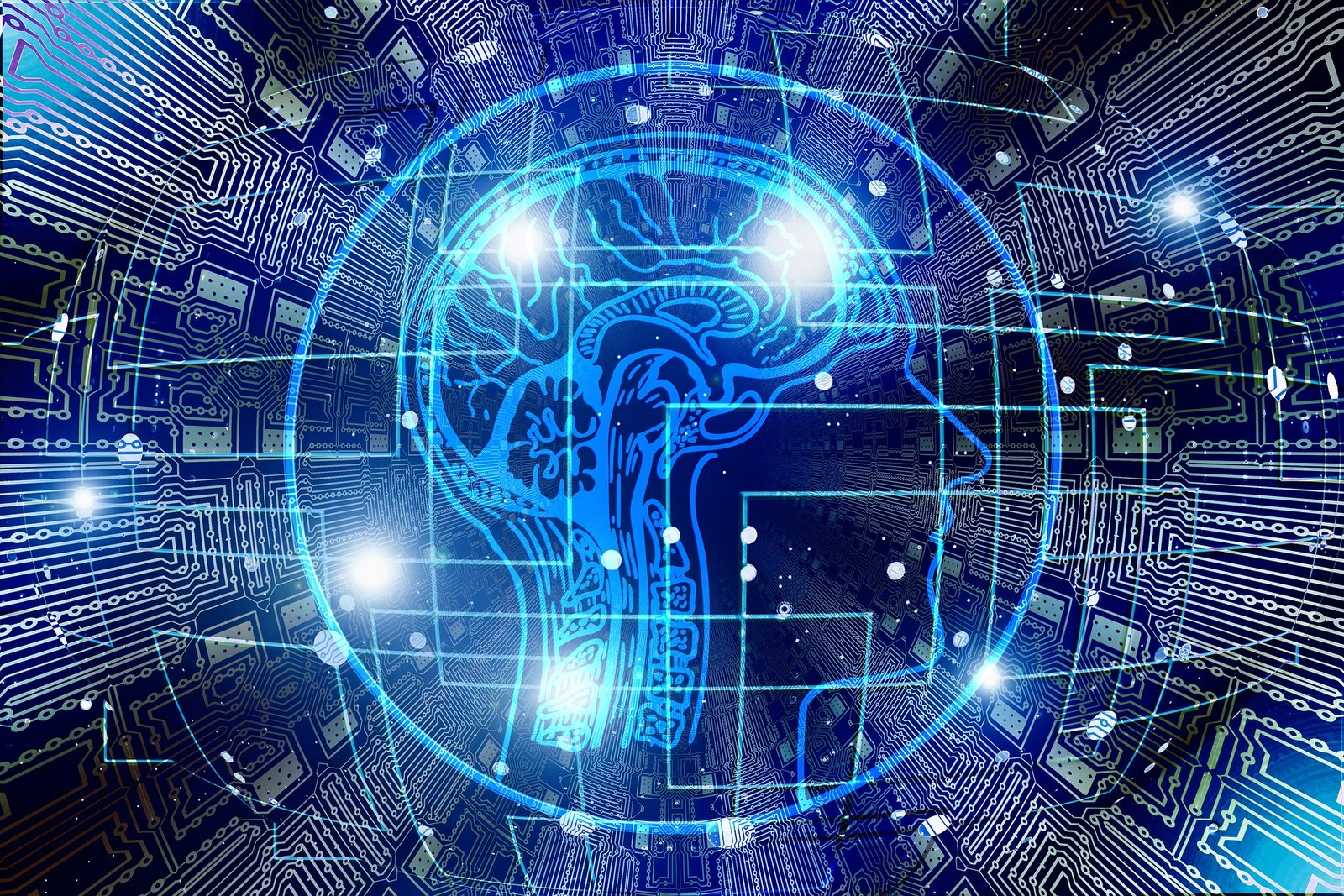Table of Contents
AI affect Finance Jobs
The financial industry has long been synonymous with human expertise and judgment. Traders analyzing market trends, financial advisors crafting investment strategies, and risk analysts assessing potential threats—all these roles have traditionally relied heavily on human input. However, with the emergence of artificial intelligence (AI), this trend is rapidly changing.

AI affect finance jobs in many ways These are:
Promises of AI in the Financial Industry
AI brings with it the promise of increased efficiency, increased decision-making capabilities, and reduced costs. Robotic process automation (RPA) can streamline repetitive tasks, freeing up human professionals to focus on more strategic endeavors.
Yet, alongside these promises come apprehensions, particularly regarding the impact of AI on employment opportunities within the financial sector. As AI systems become more sophisticated, there is a concern that they may replace or augment human workers, leading to job displacement or the need for reskilling. Roles that involve repetitive tasks or data analysis are particularly susceptible to automation. For example, jobs in back-office operations, such as data entry and reconciliation, are increasingly being automated through AI-driven solutions.

Embracing AI as a Tool for Augmenting Human Intelligence
Financial institutions have a responsibility to mitigate the potential negative consequences of AI adoption. This includes investing in workforce training and development programs to help employees transition into new roles, fostering a culture of continuous learning and innovation, and ensuring that AI technologies are deployed ethically and responsibly.
AI holds tremendous promise for the financial industry, offering opportunities to enhance efficiency, reduce costs, and improve decision-making. However, it also presents challenges, particularly regarding its impact on employment. By embracing AI as a tool to augment human intelligence rather than replace it and by investing in the skills and capabilities needed to thrive in an AI-driven world, individuals and organizations can navigate this transformation successfully.

Adapting to the Changing Landscape
However, it’s essential to recognize that while AI may eliminate some roles, it also creates new opportunities. As financial institutes adopt AI technologies, there will be a growing demand for experts in data science, machine learning, and AI development. These individuals will be instrumental in designing, implementing, and maintaining AI systems within financial organizations.
Moreover, it is a tool that complements human intelligence rather than replacing it entirely. Human judgment, creativity, and emotional intelligence remain indispensable in many aspects of finance, particularly in areas that require complex decision-making, strategic planning, and client interaction. Financial advisors, for instance, leverage their interpersonal skills to understand clients’ goals and tailor investment strategies accordingly—a task that AI, with all its algorithms, still struggles to replicate convincingly.
In this shifting landscape, the key for individuals in the financial industry is adaptability. Embracing AI does not mean resigning oneself to obsolescence; rather, it involves embracing lifelong learning and acquiring new skills that complement AI technologies. This may involve upskilling in data analysis, programming, or machine learning, or developing softer skills such as communication, problem-solving, and critical thinking—qualities that are uniquely human and difficult for AI to emulate.

The Impact of AI on Employment in the Financial Industry
Artificial intelligence AI has already begun to reshape the landscape of employment in the financial industry, particularly through the automation of routine tasks. Tasks such as data entry, record keeping, and reconciliations, which were previously handled by low-skilled workers, are now being executed more efficiently by AI systems. This shift has led to the displacement of some workers in these roles.
However, the impact of AI extends beyond low-skilled jobs to highly skilled roles in areas such as investment banking, wealth management, and risk management. AI’s ability to swiftly and accurately analyze vast amounts of data has led to the development of sophisticated algorithms capable of making investment decisions, identifying market trends, and assessing risk. Consequently, jobs in finance that heavily rely on data analysis may become redundant.
For instance, in investment banking, AI-powered algorithms can now analyze market trends, identify investment opportunities, and execute trades autonomously, potentially reducing the need for human intervention. Similarly, in wealth management, AI can identify investment opportunities and craft personalized portfolios for clients, potentially diminishing the need for a large number of human wealth managers.

The Future of Jobs in Finance
Nevertheless, it’s crucial to recognize that AI cannot replace the experience and intuition of human professionals. While AI excels at analyzing data quickly and accurately, it lacks the creativity and discernment inherent in human decision-making. In finance, there will always be a demand for human experts who can interpret data, make informed decisions, and provide personalized advice to clients.
Looking ahead, the future of jobs in finance is a dynamic interplay between AI-powered systems and human expertise. While some roles may become obsolete, new opportunities will emerge with the adoption of AI. There will be a growing demand for professionals skilled in data science and AI engineering, tasked with developing and maintaining AI systems. Additionally, there will be a need for individuals who can interpret AI outputs and provide actionable insights to clients.

Not only does AI affect finance jobs, but AI is also poised to create new job opportunities in areas such as regulatory compliance and cybersecurity. As financial institutions embrace new technologies, professionals adept at ensuring regulatory compliance and safeguarding against cyber threats will be indispensable.
Soft skills such as communication, creativity, and critical thinking will become increasingly valuable as machines take over routine tasks. Ultimately, the future of jobs in finance will likely be a symbiotic relationship between human expertise and the capabilities of AI-powered systems.





